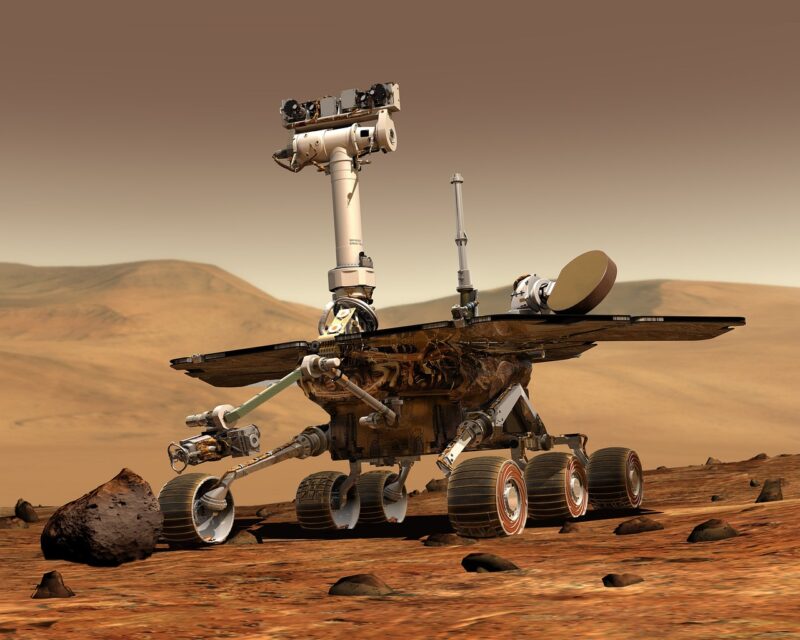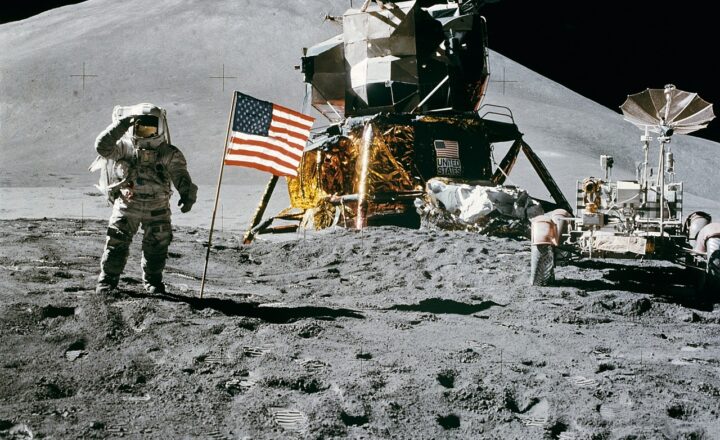
Space exploration has captivated human imagination for centuries, evolving from mere speculation to tangible achievements that have transcended our terrestrial boundaries. As we look back at the milestones in our quest to explore the cosmos, it becomes increasingly evident that this journey is not just about discovering new worlds but also about understanding our place in the universe and the potential for future missions that could redefine the very fabric of human existence.
1. The Dawn of Space Exploration
The concept of space exploration can be traced back to ancient civilizations that gazed at the stars, striving to decipher the movements of celestial bodies. However, the practical aspects of space travel did not begin to take shape until the mid-20th century.
In 1957, the Soviet Union launched Sputnik 1, the first artificial satellite, which marked the beginning of the space age. This monumental event ignited a fierce competition between the United States and the Soviet Union, known as the Space Race. Widespread public interest and national pride fueled advancements in space technology, resulting in significant milestones that would follow.
2. Major Milestones in Space Exploration
Throughout the 1960s, several pivotal missions unfolded that epitomized the technological prowess of the era:
- 1961 – Yuri Gagarin: The first human to travel into space, orbiting the Earth aboard Vostok 1. This achievement not only secured Soviet supremacy in the Space Race but also inspired generations to pursue careers in science and engineering.
- 1969 – Apollo 11: The United States achieved one of its most ambitious goals by landing the first humans on the Moon. Astronauts Neil Armstrong and Buzz Aldrin became global icons, proclaiming “That’s one small step for man, one giant leap for mankind” as they walked on lunar soil.
- 1981 – Space Shuttle Program: NASA launched the Space Shuttle program, enabling reusable spacecraft to transport astronauts and equipment to and from low Earth orbit. This program expanded scientific research and facilitated the construction of the International Space Station (ISS).
As we progressed, international cooperation in space became essential for addressing challenges and maintaining peace in a field rich with potential conflict. The ISS emerged as a shining example of collaborative efforts, involving multiple countries and agencies working together for scientific progress.
3. 21st Century Developments and Private Sector Involvement
The early 21st century saw the emergence of private companies in the space sector, heralding a new era in space exploration. Companies like SpaceX, Blue Origin, and Virgin Galactic are breaking new ground, reducing costs, and increasing access to space.
- SpaceX: Founded by Elon Musk, this company has revolutionized space travel with the Falcon 1, Falcon 9, and Falcon Heavy rockets, as well as the Dragon spacecraft, capable of transporting cargo and crew to the ISS. The crowning achievement came in 2020 when SpaceX’s Crew Dragon successfully launched astronauts to the ISS, marking the first crewed launch from U.S. soil since the Shuttle program’s retirement.
- Mars Exploration: The exploration of Mars received a renewed focus with the successful missions of rovers such as Curiosity and Perseverance. These missions aim to unearth signs of past life and lay the foundation for future human exploration of the Red Planet.
- Private Space Tourism: Companies like Virgin Galactic and Blue Origin are on the brink of making space tourism a reality, allowing civilians to experience the thrill of space travel and fostering public enthusiasm for further exploration efforts.
These developments signal a shift in how space exploration is approached, driven by innovation and competition, significantly enhancing our understanding of the cosmos.
4. The Future of Space Exploration
As we look to the future, several exciting initiatives are on the horizon that promise to expand humanity’s reach into the cosmos:
- Artemis Program: NASA’s ambitious plan aims to return humans to the Moon by 2024, paving the way for sustainable lunar exploration and potentially serving as a stepping stone for missions to Mars. The Artemis missions will prioritize international collaboration and inclusivity, including the first woman and the next man on the lunar surface.
- Mars Colonization: SpaceX is working toward its goal of colonizing Mars. Elon Musk’s vision includes establishing a human settlement on the planet, supported by transportation systems that leverage reusable technologies, with the ultimate goal of making humanity a multi-planetary species.
- Interstellar Exploration: While it might seem a distant dream, scientists are actively researching concepts such as solar sails and warp drives that could one day allow us to explore neighboring star systems within human lifetimes. Projects like the Breakthrough Starshot initiative aim to send tiny spacecraft to Alpha Centauri, approximately 4.37 light-years away, using light sails propelled by Earth-based lasers.
The future holds boundless possibilities that challenge our imagination and ingenuity, but they also raise questions about ethics, sustainability, and our responsibilities as we explore the universe.
5. Conclusion: Why Space Exploration Matters
Space exploration is not merely a scientific endeavor; it is a testament to human curiosity and the relentless pursuit of knowledge. It fosters international collaboration, drives technological advancements, and inspires future generations to push beyond perceived limitations.
As we traverse the unknown reaches of space, we are presented with profound opportunities to learn about our universe—and ourselves. Understanding the cosmos holds the potential to address pressing challenges here on Earth, from climate change to resource scarcity, urging us to innovate for a sustainable future.
In a rapidly evolving world, the history and future of space exploration remind us of our collective potential to dream, discover, and defy the odds in our quest to explore the stars.








